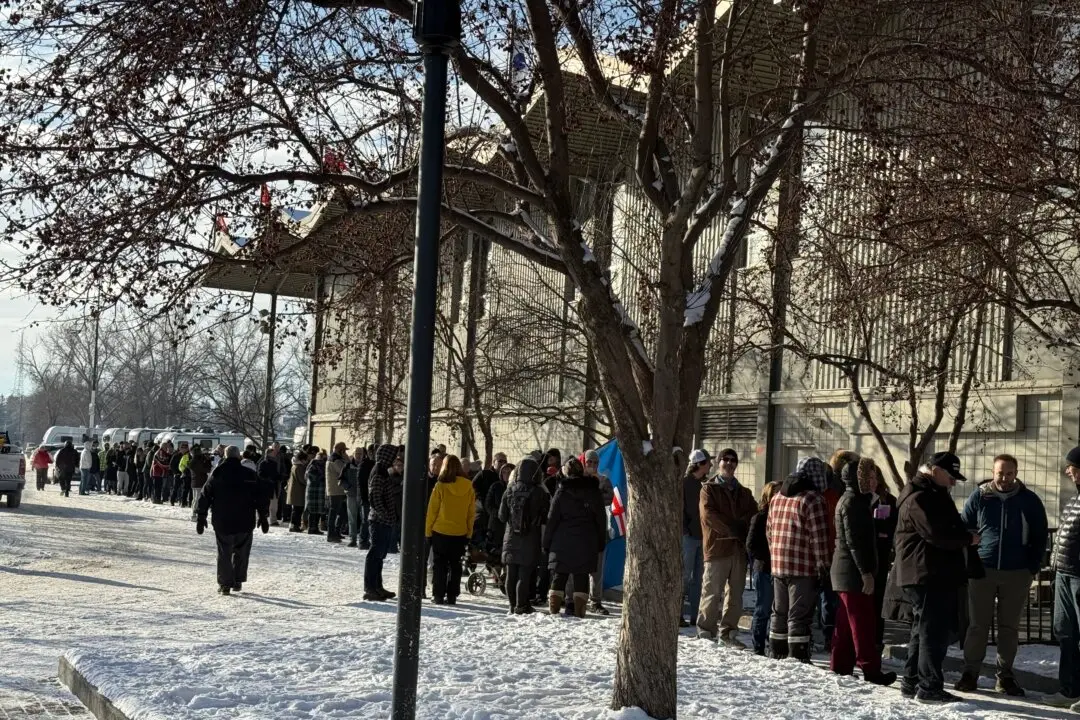Commentary
As criminal justice cases related to the COVID-19 pandemic and citizens’ responses to it make their way through Canada’s agonizingly slow justice system, a disturbing trend of possible judicial bias appears to be emerging. The double standard being applied to prosecutions linked to any form of protests against pandemic restrictions is stark and disturbing. The examples are growing.





